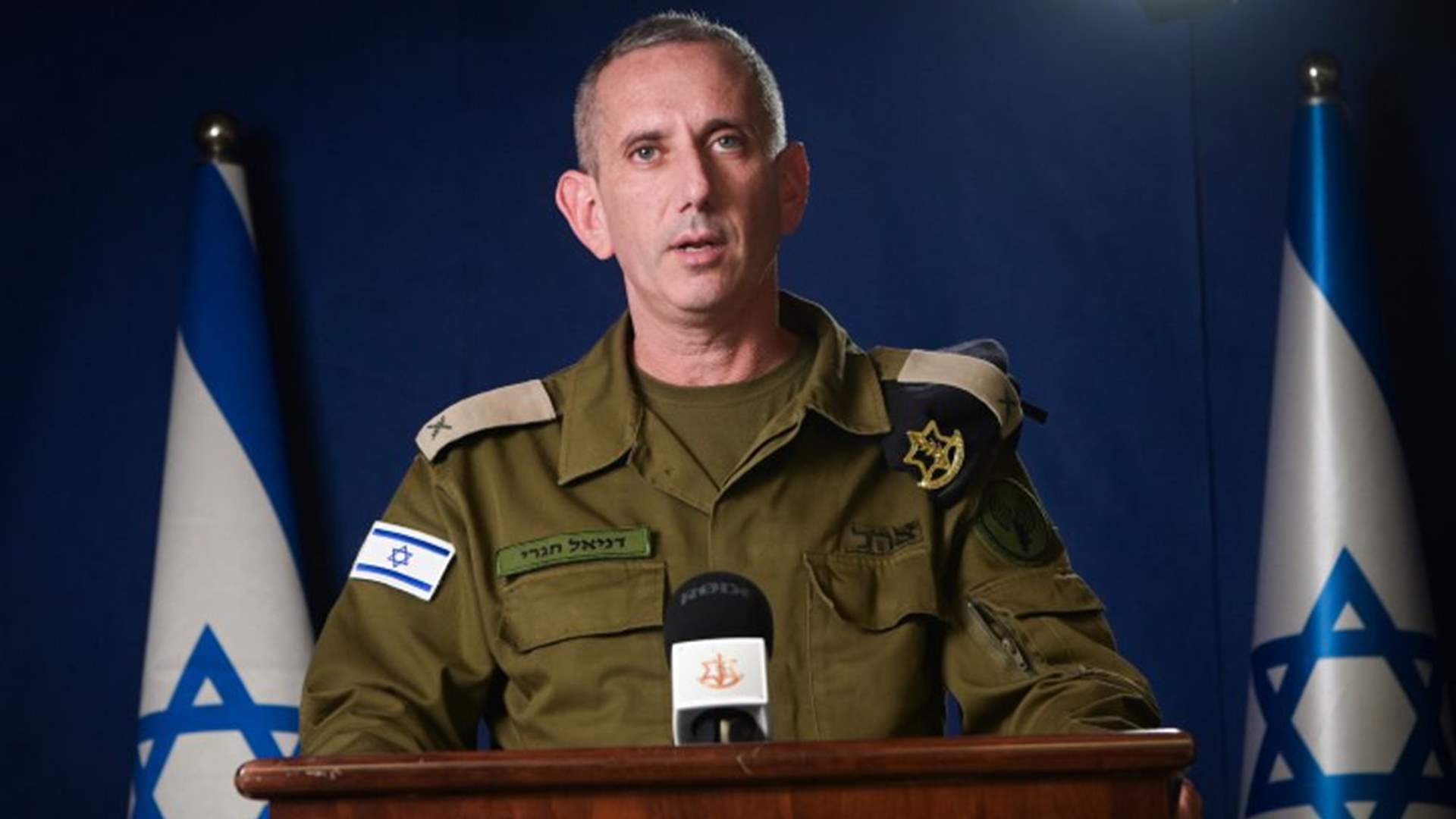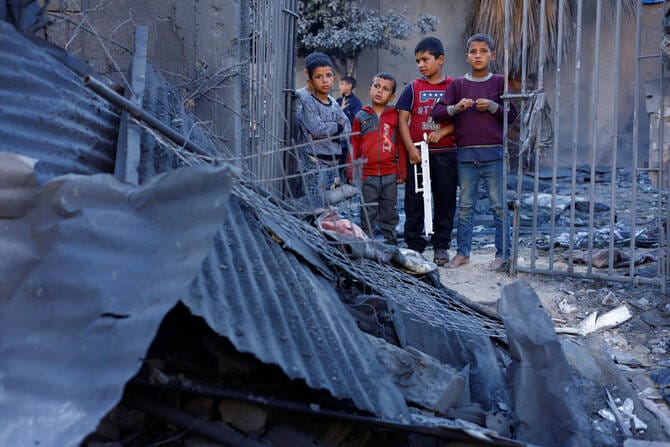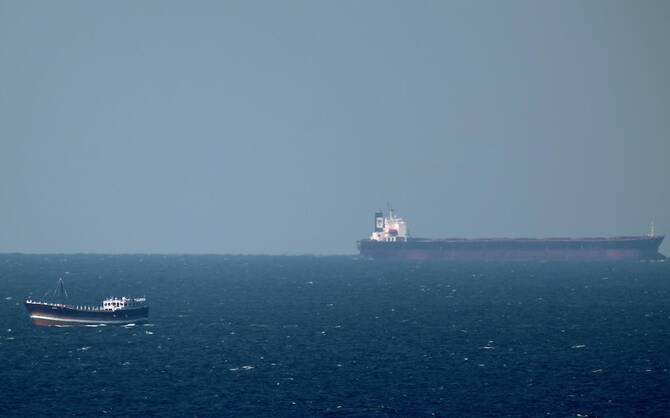Israel unleashed its most widespread wave of airstrikes against Hezbollah on Monday and warned Lebanese citizens to evacuate areas where the armed group was storing weapons, moving closer to all-out war.
The Israeli military also said it would launch more air strikes targeting eastern Lebanon’s Bekaa Valley and warned residents to move away from Hezbollah sites in the area.
“We are preparing for a large-scale and targeted strike in Bekaa Valley,” military spokesman Rear Admiral Daniel Hagari said at a media briefing, adding that residents should “distance themselves” from Hezbollah sites “for your safety and protection.”
“Hezbollah stores its strategic weaponry in civilian buildings and uses the population as human shields,” Hagari said.
Earlier in the day the Israeli army said in a post on X that “so far, more than 300 Hezbollah targets have been struck today.”
“We are deepening our attacks in Lebanon, the actions will continue until we achieve our goal to return the northern residents safely to their homes,” Israeli Defense Minister Yoav Gallant said in a video published by his office on Monday.
“These are days in which the Israeli public will have to show composure.”
He was speaking after the Israeli military targeted Iran-backed Hezbollah in Lebanon’s south, eastern Bekaa valley and northern region near Syria.
The latest attacks came amid some of the heaviest cross-border exchanges of fire in almost a year of conflict raging alongside the war between Israel and Hamas in Gaza.
Earlier, Israeli army spokesperson Avichay Adraee said that airstrikes on houses in Lebanon, in which “Hezbollah hid weapons” were imminent.
Residents of southern Lebanon received calls from a Lebanese number ordering them to immediately distance themselves 1,000 meters (3,280 feet) from any post used by Hezbollah, a Reuters reporter in the south, who received the call, said.
Lebanese state media confirmed on Monday that people were receiving Israeli phone warnings telling them to evacuate.
“Citizens in Beirut and a number of areas are receiving landline telephone warning messages whose source is the Israeli enemy, asking them to quickly evacuate where they are,” the National News Agency said, describing the warning as “part of the psychological war that the enemy has adopted.”
The office of Lebanon’s caretaker Information Minister Ziad Makary also received a message to evacuate the premises, NNA said.
Makary’s office, located in Beirut near several other ministries, said it received a landline call and when staff responded, a “recorded message” told them to evacuate the building in order to avoid strikes.
Imad Kreidieh, head of state telecommunications provider Ogero, said “the landline network system in Lebanon blocks all communications from Israel.”
Kreidieh also told Reuters that Lebanon received more than 80,000 suspected Israeli call attempts asking people to evacuate their areas
Such calls were “psychological warfare to make havoc and chaos,” he added.
Lebanon’s education ministry expanded the closure of schools and universities to include institutions across the country amid intensified Israeli airstrikes after having previously limited the closure to certain areas.
In a televised statement earlier in the day, Hagari issued a similar warning and said it was being “distributed in Arabic on all networks and platforms in Lebanon.”
Asked by reporters about a possible Israeli ground incursion into Lebanon, Hagari said “we will do whatever is needed” in order to return evacuated residents of northern Israel to their homes safely, a war priority for the Israeli government.
Hagari presented in a media briefing an aerial video of what he described as Hezbollah operatives trying to launch cruise missiles from a civilian house in Lebanon, and the subsequent Israeli strike moments before it was launched.
“Hezbollah is endangering you. Endangering you and your families,” Hagari said.
The UNIFIL peacekeeping force in southern Lebanon had “seen an intensification of bombardments throughout the area of operations, close to the Blue Line but also deeper south,” its spokesperson Andrea Tenenti told Reuters, referring to the line demarcating the Lebanese-Israeli border.
The Israeli military said it had launched a new wave of attacks against Hezbollah in southern Lebanon on





